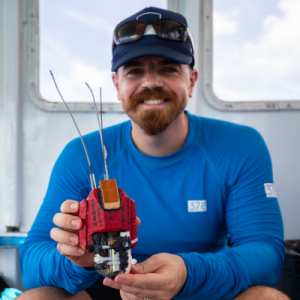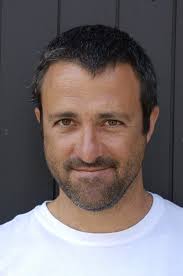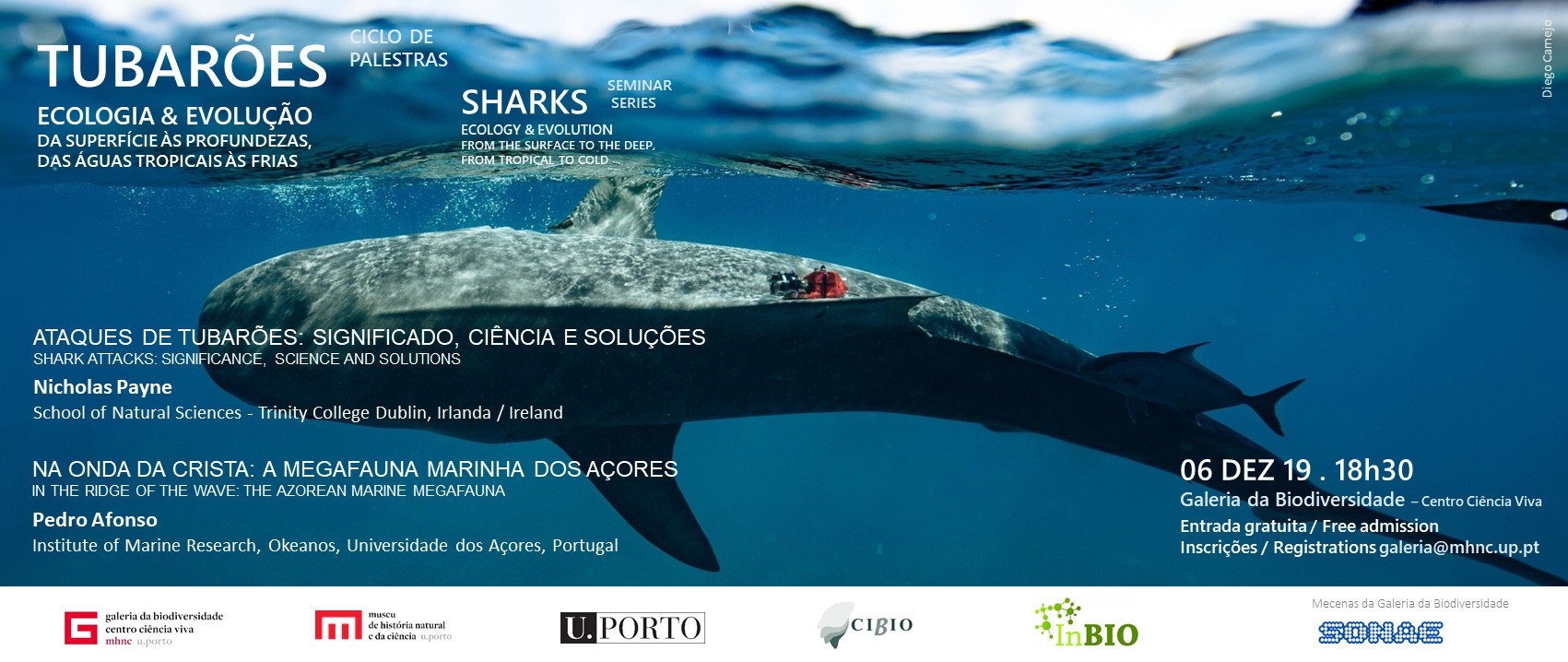ATAQUES DE TUBARÕES: SIGNIFICADO, CIÊNCIA E SOLUÇÕES
SHARK ATTACKS: SIGNIFICANCE, SCIENCE AND SOLUTIONS
Nicholas Payne, School of Natural Sciences – Trinity College Dublin | 06 Dez 2019 – 18h30 | Galeria da Biodiversidade – Centro Ciência Viva
Os tubarões são um grupo de animais polémico e frequentemente incompreendido, seguramente porque uma pequena minoria de espécies é potencialmente perigosa para os seres humanos. Apesar da frequência muito baixa de ataques de tubarões em todo o mundo, o medo que estes geram é um fenómeno amplo e comum, que tem motivado um debate sociopolítico aceso em vários países. Nesta sessão, discutir-se-á a questão dos ataques de tubarões em geral, destacando algumas das ferramentas disponíveis para nos ajudar a gerir interações negativas com estes animais. Também se abordará o importante papel desempenhado pelos tubarões ao nível dos ecossistemas oceânicos e a necessidade de pôr em prática estratégias de gestão que não se limitem a reduzir ainda mais o número já decrescente de tubarões nossos oceanos.
Sharks are a divisive and often-misunderstood group of animals, undoubtedly because a small minority of species are potentially dangerous to humans. Despite the very low frequency of shark attacks globally, fear of sharks is a widespread phenomenon, and has led to heated socio-political debate in a number of countries. In this session, the issue of shark attacks in general will be discussed, highlighting some tools available to help manage negative interactions with these animals. Sharks’ important role in ocean ecosystems will also be addressed, and the need for management approaches that do not simply rely on further reducing the already-dwindling numbers of sharks in our oceans.
SOBRE O ORADOR / ABOUT THE SPEAKER

Nicholas Payne é professor no Trinity College Dublin, na Irlanda. Originalmente de Adelaide, Austrália, desenvolve investigação focada na ecologia fisiológica de animais, particularmente daqueles que habitam em ecossistemas marinhos. Um dos objetivos mais amplos do seu trabalho passa por perceber a forma como a variação ambiental regula a fisiologia e o movimento dos animais e, por sua vez, as suas distribuições.
Nicholas Payne is a lecturer at Trinity College Dublin in Ireland. Originally from Adelaide, South Australia, Nick’s work is focussed on the physiological ecology of animals, particularly those in marine ecosystems. An overarching goal of his work is to understand how environmental variation regulates the physiology and movement of animals and in turn, their distributions.
NA ONDA DA CRISTA: A MEGAFAUNA MARINHA DOS AÇORES
IN THE RIDGE OF THE WAVE: THE AZOREAN MARINE MEGAFAUNA
Pedro Afonso, Institute of Marine Research, Okeanos, Universidade dos Açores, Portugal | 06 Dez 2019 – 19h00 | Galeria da Biodiversidade – Centro Ciência Viva
A região dos Açores, bem no cimo da maior cordilheira de montanhas na Terra – a crista medio-Atlântica – emerge cada vez mais como um ponto singular de confluência para muitas espécies migradoras de baleias, golfinhos, tartarugas e aves marinhas, atuns e tubarões. O que as traz a este arquipélago tão isolado? Que segredos encerram estas ilhas de bruma? Nesta sessão dar-se-á a conhecer um pouco dos trabalhos científicos que tentam desvendar este mistério aliando o conhecimento tradicional ás novas tecnologias da ciência.
The Azores, at the very top of the largest mountain range on Earth – the mid-Atlantic ridge – is increasingly emerging as a unique point of confluence for many migratory species of whales, dolphins, turtles and seabirds, tuna and sharks. What brings them to this very isolated archipelago? What secrets contain these misty islands? This session will shed some light on the scientific studies that try to unravel this mystery by combining traditional knowledge with the new technologies of science.
SOBRE O ORADOR / ABOUT THE SPEAKER

O principal interesse de Pedro Afonso prende-se com a ecologia comportamental dos peixes marinhos e a sua aplicação à gestão e conservação dos recursos marinhos. Coordena a equipa do IMAR-UAçores para o planeamento e monitorização da rede de Áreas Marinhas Protegidas. No seu trabalho, utiliza técnicas de telemetria acústica e por satélite para examinar os movimentos e o uso de habitat de peixes comerciais e predadores de topo em diferentes ambientes (de recifes costeiros a montes submarinos), regiões e oceanos.
Pedro Afonso’s main interest is the behavioral ecology of marine fish and its applications for the management and conservation of marine resources. Pedro coordinates the IMAR-UAçores team for the planning and monitoring of the Marine Protected Areas network. In his work, Pedro uses acoustic and satellite telemetry techniques to examine the movements and habitat use of commercial fish and top predators in different environments (from coastal to underwater reefs), regions and oceans.
Mais informações / More information
A língua oficial das palestras é o inglês / The seminars will be led in English
A entrada é gratuita, mediante inscrição prévia através de galeria@mhnc.up.pt / Admission is free, but subject to registration: galeria@mhnc.up.pt
![]()


